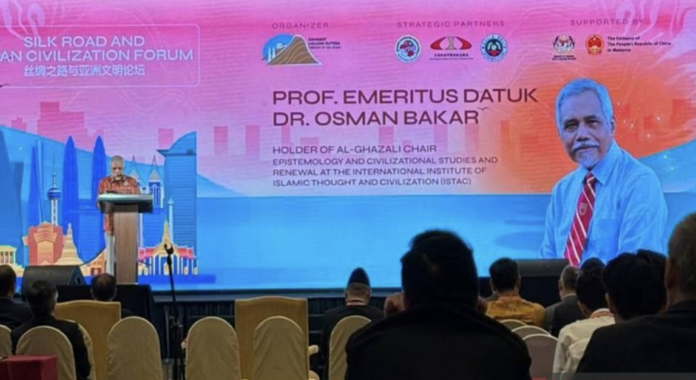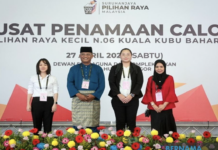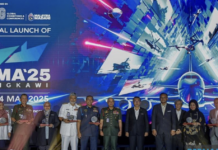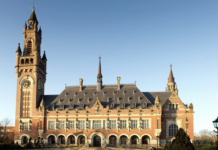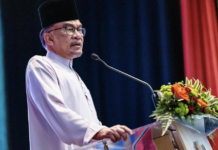KUALA LUMPUR, March 29 – Embarking on a journey with historical significance and global connectivity, the Belt and Road Initiative (BRI) stands as a modern marvel of cross-continental cooperation and economic integration, according to philosophy Professor Emeritus Dr Osman Bakar.
Dr Osman proposed a corresponding civilisational initiative and emphasised the importance of ongoing inter-civilisational dialogue, particularly between Islam and Confucianism.
He was speaking about the BRI, a strategy by China to connect Asia, Africa, and Europe through land and maritime networks and often referred to as the New Silk Road at the Silk Road and Asian Civilisation Forum 2024 on Thursday.
“The dialogue should focus on the civilisational partnership between Islam and Confucianism, in light of the United Nations (UN) Agenda on the Alliance of Civilisations, on shared values between Islamic and Chinese civilisations, and on how the New Silk Road could help contribute to the realisation of a new world order based on a common global ethic,” he said.
Osman, who holds the Al-Ghazali Chair at the International Institute of Islamic Thought and Civilisation (ISTAC) at the International Islamic University Malaysia (IIUM), said that central to the dialogue is the concept of an Asian Renaissance.
The concept, championed by leaders like Malaysian Prime Minister Anwar Ibrahim, encompasses the principles of a dialogical community like the teachings of Confucius and Prophet Muhammad.
He said that by embracing historical connections and philosophical underpinnings, stakeholders could pave the way for a more prosperous and cohesive future where mutual respect and understanding transcend cultural boundaries.
The BRI, a foreign policy initiative by Chinese President Xi Jinping, aims to develop two trade routes connecting China with the rest of the world.
Launched in 2013 and scheduled for completion in 2049, it represents the world’s largest infrastructure program and has the potential to meet the needs of developing countries and spur global economic growth.
The BRI is inspired by the Silk Road, a network of trade routes that connected China to the Mediterranean for centuries and is often described as a 21st-century Silk Road.
Meanwhile, the Chinese Ambassador to Malaysia, Ouyang Yujing, said that civilisation thrives on openness and that nations prosper by learning from one another.
“China will work hard to further enhance exchanges and mutual understanding between different civilisations and people of different nations, and embrace a better-shared future for all,” he said.




